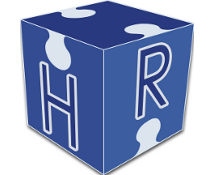Richard Hawk, Safety + Health Magazine –
“Think of it as sharpening your mental ax”
Breaks are an essential aspect of the job, but they are rarely encouraged by our managers and peers. Many perceive breaks as signs of weakness, giving into mental and physical limits. This mentality, however, creates a dangerous environment on the job site. When mentally or physically exhausted, your focus wanes and laziness sets in, increasing the likelihood of a serious misstep. To help reduce the possibility of an incident, it is important to give your body and mind the rest they deserve. Not only do breaks help reduce your risk, they also help make projects seem less tedious, keeping you in a more positive mood throughout the day.
Here are four “break tips” to help you recharge:
- Do not wait until you are burned out – If you start your break exhausted, you will return exhausted. Once your body and mind are tired, it will take a lot of time to fully recharge.
- Plan your breaks – This helps develop small goals throughout the day. Having set breaks (one every 4 hours for instance) allows you to plan your day accordingly, reducing mental chaos and exhaustion.
- Disconnect if you can – Separate yourself from your work entirely. If you sit in front of a desk all day on the computer disconnecting from the electronic feed of emails and texts can make a break more rejuvenating. Give your mind and eyes something else to focus on.
- Change the scene – A change in scenery gives you a much needed boost in energy and cuts into the redundancy of daily work. This can be a s simple as going to the break room or taking a short walk around the block.
Breaks are required by State law, so check local regulations on the specifics. These usually come in the form of 15 or 30 min breaks ever few hours. If you have any questions, feel free to contact The Integrated Group at 425-822-8500 or info@theintegratedgroup.com






No comments yet.